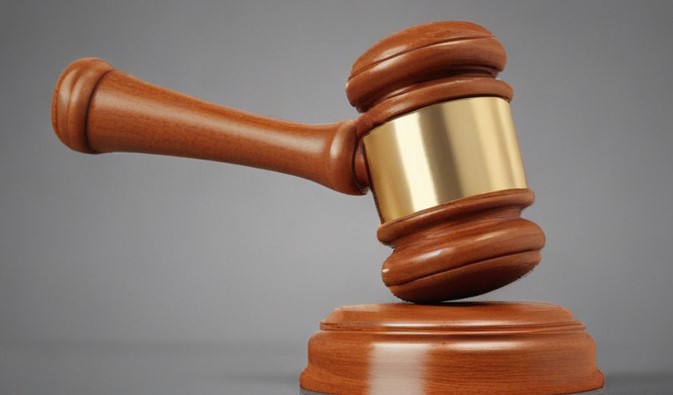
The introduction of IPTV including IPTV UK has emerged as a disruptive force, challenging traditional copyright laws and norms. Internet Protocol Television (IPTV) allows users to stream television content over the internet, often bypassing traditional distribution channels. This shift towards digital streaming has raised a myriad of legal challenges, from content piracy to the enforcement of intellectual property rights. Let’s delve into the complexities surrounding IPTV and its impact on copyright laws.
Understanding IPTV
IPTV utilizes internet protocols to deliver television content to users’ devices. Unlike traditional broadcast or cable television, which relies on satellite or cable infrastructure, IPTV streams content directly over the internet. This technology enables users to access a vast array of channels and on-demand content with just an internet connection.
Challenges Posed by IPTV
- Content Piracy: IPTV services often provide access to copyrighted content without proper authorization, leading to widespread piracy issues. Users can easily access premium channels and movies without paying for them, resulting in significant revenue losses for content creators and distributors.
- Unauthorized Streaming: Many IPTV services operate without obtaining the necessary licenses or permissions from content owners. This unauthorized streaming undermines the traditional licensing model and disrupts the revenue streams of legitimate broadcasters and rights holders.
- Enforcement Dilemmas: The borderless nature of the internet presents challenges for enforcing copyright laws in the digital realm. IPTV services may operate across multiple jurisdictions, making it difficult for authorities to track down and prosecute infringers effectively.
Legal Implications
The rise of IPTV has prompted lawmakers and regulatory bodies to reassess existing intellectual property laws and develop new strategies for combating digital piracy. Some key legal considerations include:
- Jurisdictional Issues: Determining which laws apply to IPTV services operating in multiple countries can be complex. Harmonizing international copyright laws and enhancing cooperation between jurisdictions is crucial for effective enforcement.
- Digital Rights Management (DRM): Implementing robust DRM technologies can help content owners protect their intellectual property from unauthorized access and distribution. However, balancing copyright protection with consumer rights and privacy concerns remains a delicate issue.
- Legislative Updates: Lawmakers are under pressure to update copyright legislation to address the challenges posed by IPTV and other forms of digital piracy. This may involve imposing stricter penalties for copyright infringement and expanding the scope of enforcement measures.
The Role of Stakeholders
Addressing the challenges posed by IPTV requires collaboration between various stakeholders, including:
- Content Creators: Developing innovative content distribution models and engaging with audiences directly can help mitigate the impact of IPTV piracy on revenue streams.
- Service Providers: IPTV operators must comply with copyright laws and implement measures to prevent unauthorized access to copyrighted content on their platforms. Partnering with content owners and investing in content licensing agreements can foster a more sustainable ecosystem.
- Regulators: Government agencies and regulatory bodies play a vital role in enforcing copyright laws and combating digital piracy. Strengthening legal frameworks, conducting enforcement actions, and raising public awareness about the importance of intellectual property rights are essential steps in addressing the IPTV challenge.
READ ALSO: Copyright Laws on Manga Comics and How They Affect the Artists
Conclusion
The rise of IPTV has ushered in a new era of digital media consumption, presenting both opportunities and challenges for content creators, distributors, and consumers alike. While IPTV offers unprecedented access to a wealth of entertainment options, it also raises significant legal and ethical concerns regarding copyright infringement and intellectual property rights enforcement. As technology continues to evolve, stakeholders must work together to find innovative solutions that balance the interests of content creators, rights holders, and consumers in the digital age.

 The video game industry’s basis is intellectual property in the shape of technology and the code that delivers gaming goods and programs. Nowadays more and more games and programs are being created and promoted by people hoping to strike it big with iPhone and Android users or players.
The video game industry’s basis is intellectual property in the shape of technology and the code that delivers gaming goods and programs. Nowadays more and more games and programs are being created and promoted by people hoping to strike it big with iPhone and Android users or players. With the explosion of media, consideration should be given by in-house counselors to problems presented by it, how it affects the workplace, and to address media use by third parties a nd employees. As with the growth of blogs and the Internet,
With the explosion of media, consideration should be given by in-house counselors to problems presented by it, how it affects the workplace, and to address media use by third parties a nd employees. As with the growth of blogs and the Internet,  6. B
6. B